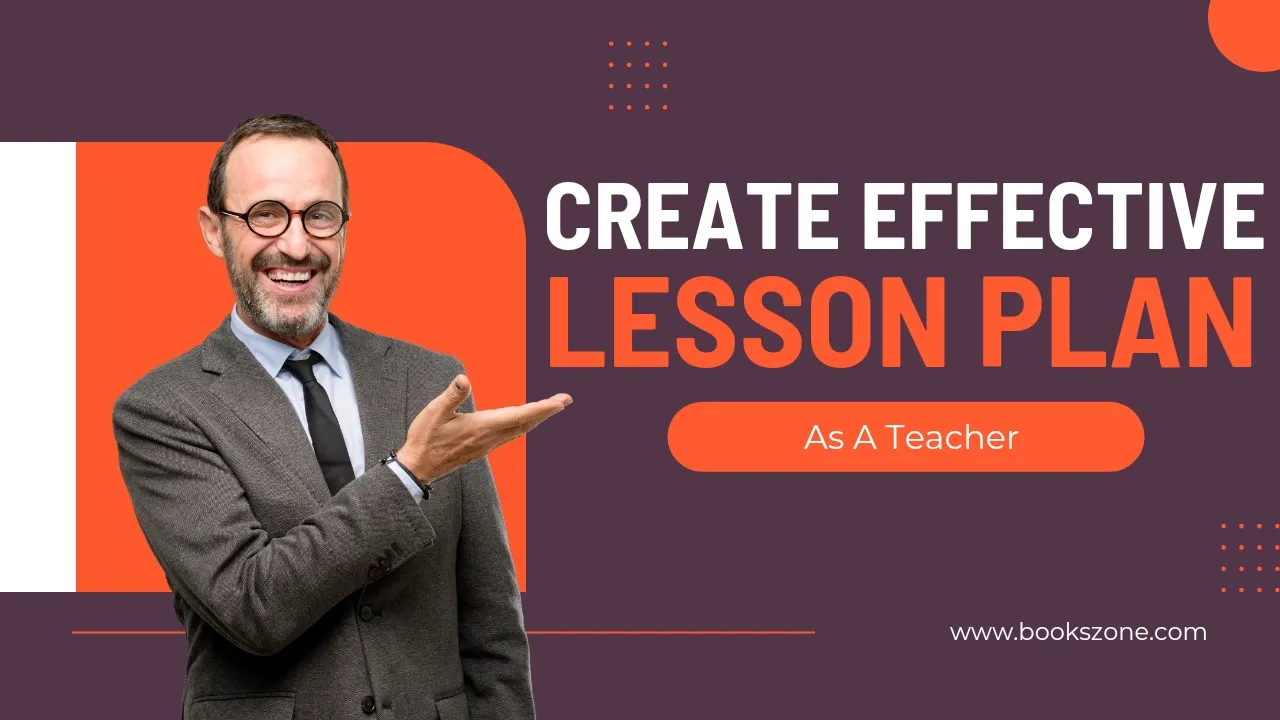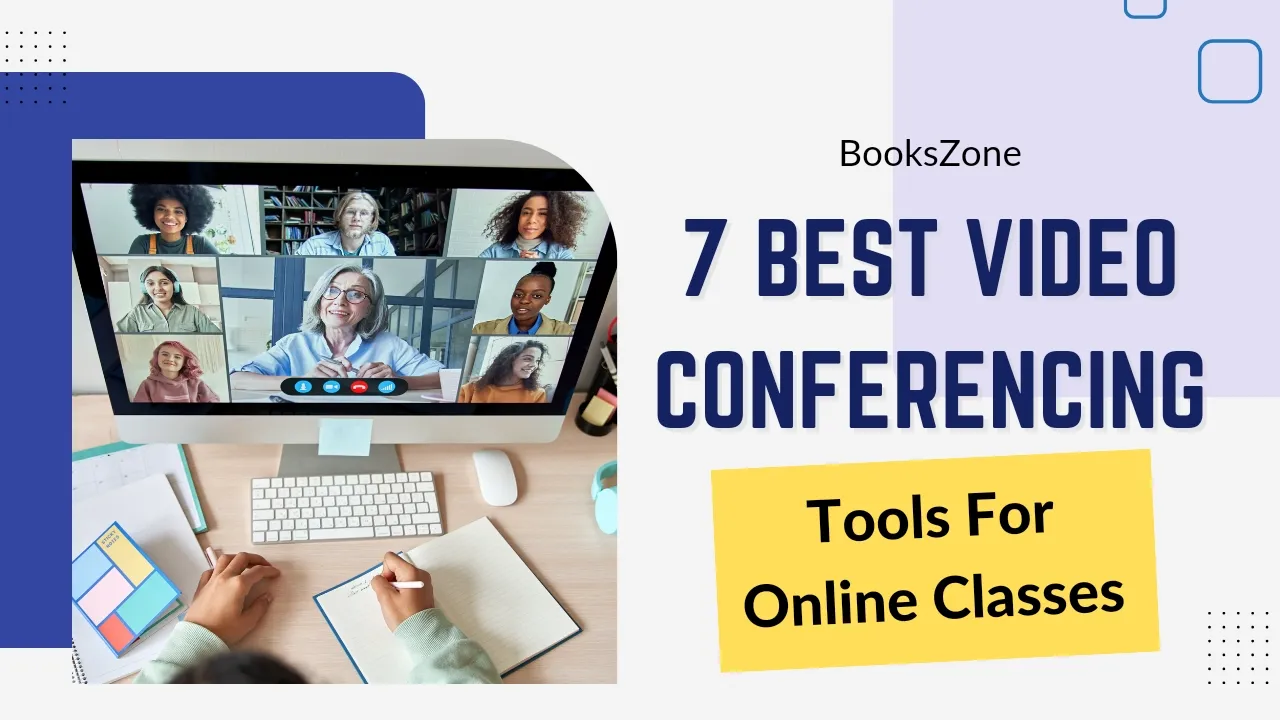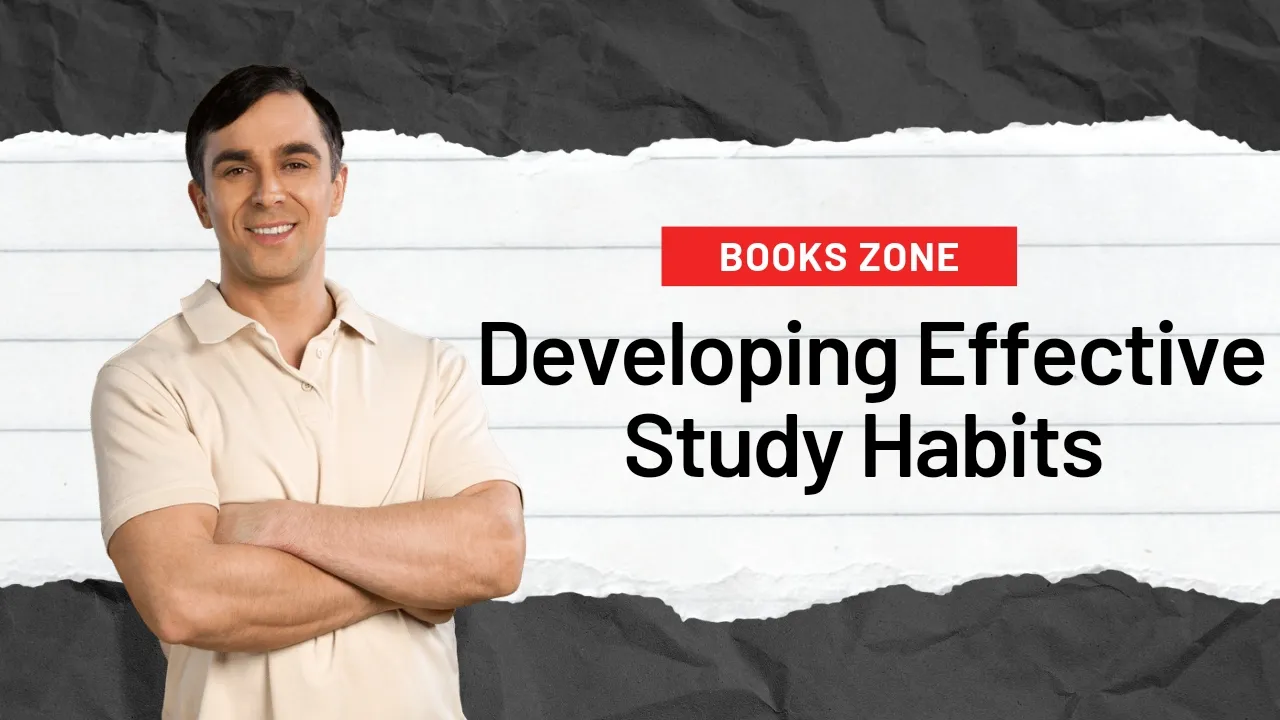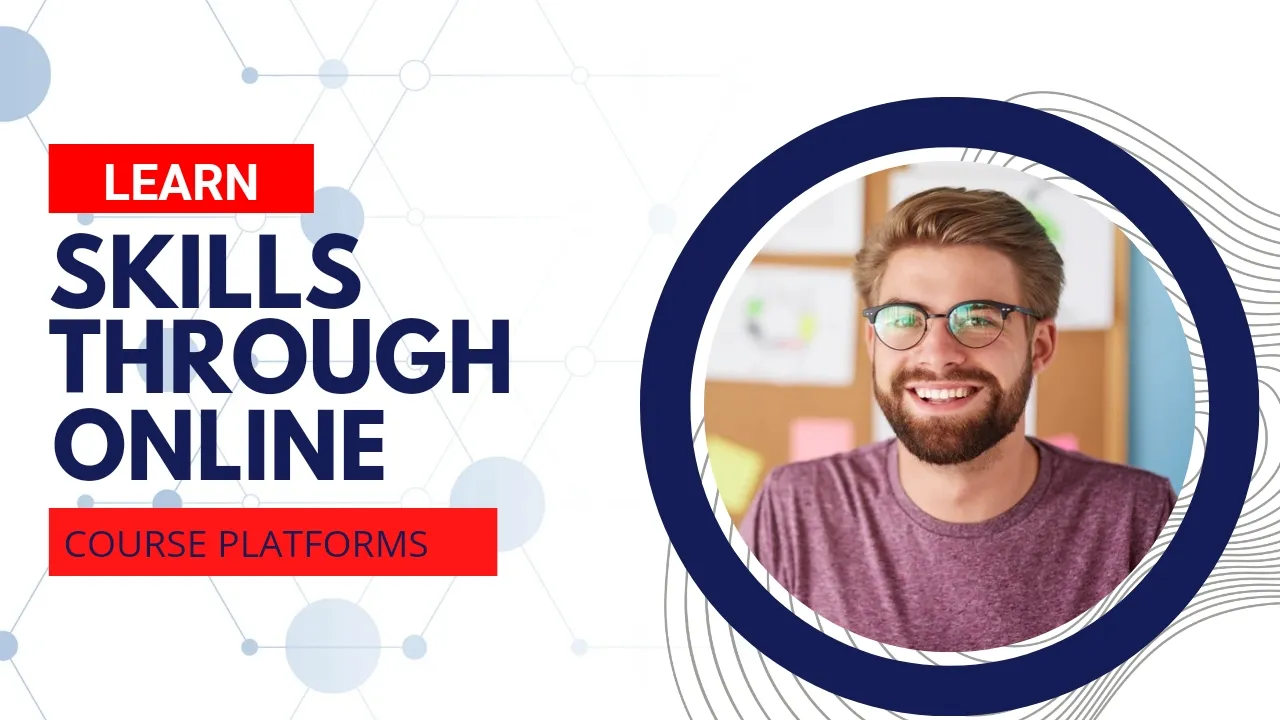Feeling lost about which career direction to take is common, but anxiety inducing. But, uncertainty presents opportunities to explore your interests and identify fulfilling paths forward.
If you are unsure about your career trajectory, worry not because I am going to tell you 9 things that you should consider for choosing your career.
1. Take Career Assessments
Career assessments help reveal your aptitudes, work styles, interests, values and personality traits. Understanding these foundational elements can help identify well-suited careers. Useful assessments include:
- Myers-Briggs Type Indicator – This renowned personality assessment provides clarity around traits like Extraversion vs Introversion and Thinking vs Feeling. Understanding where you gain energy and how you process information and make decisions informs suitable work styles and environments.
- Strong Interest Inventory – This comprehensive 300-question survey has researched connections between interests and career satisfaction over 90+ years. It analysis your fascination across art, entrepreneurship, science, writing, law, medicine, trading, outdoors activities and more.
- Holland Code Quiz – Developed by psychologist John Holland, this assessment identifies your fit across six personality types – Realistic, Investigative, Artistic, Social, Enterprising, Conventional. Understanding your tendencies informs careers providing the best environment fit.
Many colleges and career counselors offer these assessments. The insights can clarify directions to explore further.
2. Shadow Professionals
Job shadowing goes beyond just researching careers to provide immersive, real-world exposure. Contact professionals across fields of interest to request job shadowing for one or more days.
Following employees through their typical workdays provides invaluable understanding of day to day tasks, challenges, team interactions and environments inherent to each career. Speaking with professionals about their experiences and career journeys provides perspectives from the trenches to inform your path.
3. Research Growth Industries
Review credible reports projecting which industries and occupations are forecast to expand over the next 5-10 years. Factoring where job growth and abundant opportunities will be concentrated provides stability.
According to the United States Bureau of Labor Statistics, healthcare, renewable energy, creative fields, technology, data science, construction, consulting and finance are currently projected growth areas.
4. Reflect On Your Experiences
Intentionally shows on educational, work and extracurricular experiences you enjoyed and excelled at. Identify themes around the specific tasks, qualities and impact that truly engaged you.
Look for overlap between activities that brought joy and gratification. Did you lean analytical or creative? More technical or interpersonal? These reflections tells elements to include into a fulfilling career path aligned with your talents.
5. Discuss Options with Mentors
Schedule conversations to learn from the career journeys of family, professors, supervisors, family friends and professionals across fields you may be interested in. Their objective insights on industries, obstacles and opportunities are invaluable.
Take notes on their advice and make a list of questions. Their insights and networks help guide exploration. Mentor wisdom is invaluable when charting your course.
6. Take Courses to Explore Interests
Join in introductory level college classes related to potential career interests. For example, take an electrical engineering course if that field intrigues you. The hands-on coursework provides a sense of whether you have the aptitude and passion for that subject matter
7. Gain Work Experience
Trying to get internships, work studies, co-ops, volunteering, freelancing and part-time gigs to build experience across fields of interest. Different real life experiences tells your preferences.
8. Develop In-Demand Skills
Build skills that translate across jobs, like data analysis, communication, marketing, accounting and human relations. Broadly useful abilities open more opportunities.
9. Be Patient and Persistent
Career choosing is a marathon, not a sprint. Anxiety over uncertainty will ebb n flow. Be patient and persistent in your efforts to try new directions. Over time fulfillment will come into focus.
Actively engaging in assessments, research, skill development and real-world experiences, clarity will grow regarding the right path, leading to a career you enjoy.
Conclusion
So, here you see the 9 things that you must should analyse and go through before choosing the career. Choosing a career is a crucial thing when you are confused about your goals.
It is necessary to analyse the things, competition and interest then choose the best career for yourself. If you have any questions related to this, please comment down below and tell me which point you already knew.
Frequently Asked Questions
How long does it take to choose a career?
There is no time limit for choosing a career path. It is based on personal readiness. For some people deep thinking leads to quick decisions. Others benefit from years of skill building and experience in decision making.
What if I choose the wrong career?
Few choices are permanent. Some trial and error is expected. Make the best decision you can with current information. If you later wish to pivot, use the skills you have developed to chart a new direction.
Should I take time off to figure out my career?
This is an option if you have the financial ability. A break can provide freedom to intensely research, reflect and explore. But hands on experience and discussions with people in the workforce are more illuminating for many.
How do I choose between multiple interest areas?
Make a list of pros and cons for each option. Reflect on which feels like a better lifestyle fit based on your priorities like work-life balance, compensation, impact, etc. Schedule informational interviews in both areas. Assess which motivates you most day-to-day.
What if I do not have any career interests?
This is rarer than it seems. Reflect deeply on subjects and activities you enjoyed as a child, teen and young adult. Identify themes pointing to careers aligning with your natural proclivities. Discuss options with a career counselor for guidance as well.














Leave a Comment